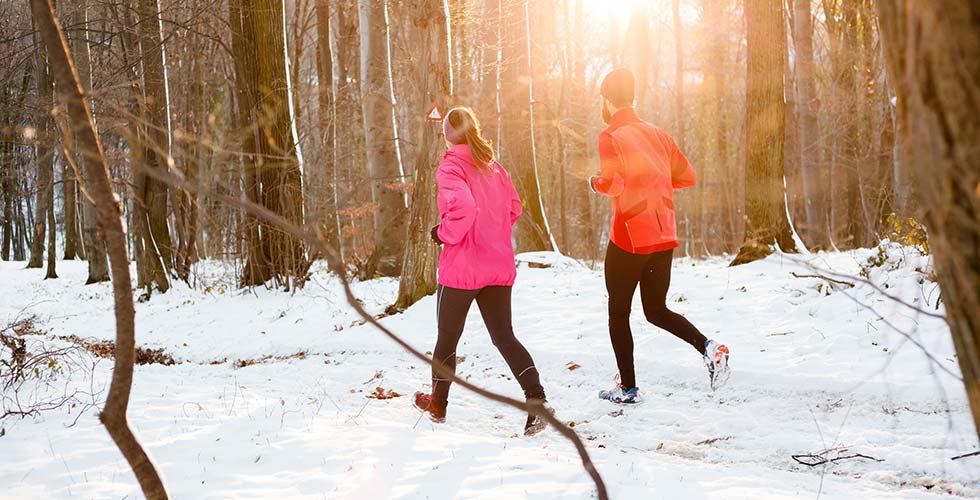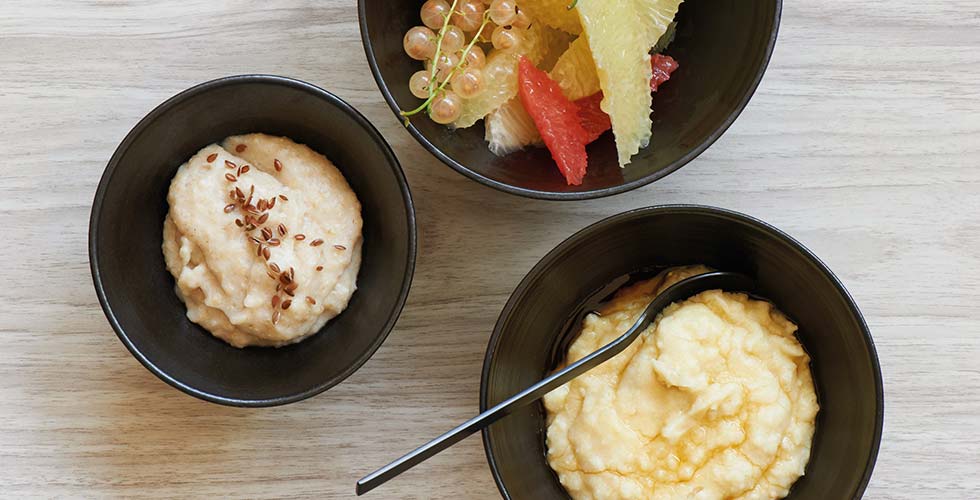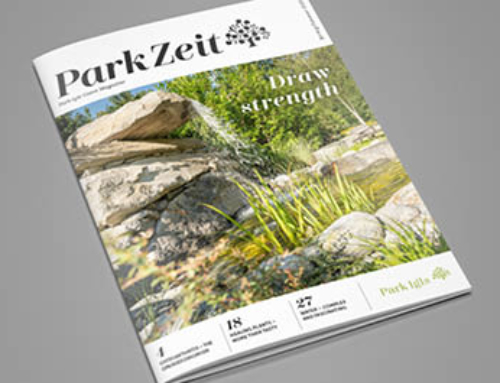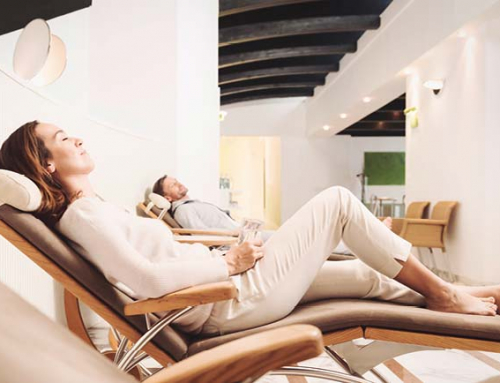PRESS RELEASE | October 2018
WINTER DEPRESSION AND SEASONAL AFFECTIVE DISORDER
SELF-HELP TIPS FOR DEPRESSION FROM PARK IGLS MAYR CLINIC
Igls, Tyrol, Austria – As the days get shorter, darker, wetter and greyer, the barometer falls and the sun begins its hibernation, even those that don’t normally suffer from depression find their energy, vitality and motivation levels have depleted. Winter depression creeps in with the autumn blues and takes hold of its victims, making them lethargic, irritable and throwing them off balance. But there is hope. Park Igls Mayr clinic shares their top self-help tips for beating winter depression and SAD.
Depression feeds on darkness
As explained by Dr Melanie Robertson, clinical, health and neuropsychologist: ‘Autumn and winter depression are also known by the medical term, seasonal affective disorder, or SAD. Although seasonal affective disorders can also occur in summer, symptoms usually begin in the autumn or winter months and, in most cases, end in spring. If symptoms come and go in a seasonal pattern over a period of at least two years, it is likely to be winter depression.’ In Europe, approximately 2-8% of adults suffer from SAD. The figure may be higher than that since many of those affected do not seek treatment.
Unhappy hormones
There is a geographical division that proves that cold weather and lack of sunlight are at the root of these symptoms: winter depression is more common in northern than in southern countries. ‘Insufficient exposure to sunlight causes the brain to produce higher levels of melatonin, the sleep hormone that also dampens mood and reduces energy. When melatonin levels rise, the body automatically secretes less serotonin, the happy hormone. It’s a vicious hormonal circle,’ says Thomas Blasbichler MA, clinical, health and sports psychologist at Park Igls. He believes that hormones have enormous significance for our physical and mental health. But the good news is that we have the power to steer things in the right direction.
Helping us to help ourselves
Robertson and Blasbichler recommend acting quickly: ‘Take action as soon as you start to feel that your emotional health might be in trouble.’ But it is not always sensible to go straight for the antidepressants. ‘The objective at Park Igls is to help people help themselves. We provide psychological support and identify learning pathways for new patterns of thought and behaviour. We also encourage our patients to get outside and exercise every day. Sunlight stimulates the body to produce cortisol, a natural hormone that helps to make us alert,’ the psychologists advise. Even on a dull winter’s day, regular outdoor exercise significantly increases wellbeing.
You are what you eat
We can largely control our mental state with health-conscious nutrition. The gut plays an important role in our state of mind. ‘It has long been proven that increased intestinal permeability can have an effect on the psyche. Instances of this include leaky gut syndrome (where substances pass through the intestinal wall) and food allergies or intolerances.’ The Mayr psychologists add: ‘Activating the immune system in the gut has a large part to play in counteracting depression.’ In this respect, a Modern Mayr Medicine treatment can stabilise the emotions as well as providing an intestinal cleanse.
Mood-lifting Modern Mayr cuisine
Modern Mayr cuisine provides reenergising meals for winter, using light, warming and nutritious ingredients. This includes freshly prepared, steamed vegetarian dishes, wholesome oils, (dried) fruit, cereals, pulses and metabolism-boosting spices such as mustard, ginger, garlic, pepper, cloves and cinnamon. Hot drinks, ideally ginger or cinnamon tea, also form part of Modern Mayr cuisine, which favours hot meals over raw foods, especially in the evenings. However, high fat or fried food should be avoided at all costs.
Tips to beat the blues
- 1) Exercise as an antidepressant: A gentle workout reduces stress and boosts serotonin and noradrenaline to lift mood.
- 2) Light therapy: Sunlight stimulates the production of cortisol, which makes us alert. Sunlight and fresh air are most effective in combination with exercise. Alternatively, exercise in artificial light conditions that simulate strong daylight.
- 3) Eat happy: Our second brain is in our stomach: our ‘root system’. In winter, nourish it with light, warming foods such as steamed vegetables, oils, spices…
- 4) Treat yourself: Enjoy a massage with aromatic oils, a good book, a hot bubble bath, mood music… Make time for the things that make you happy.
- 5) Avoid stress: Stress fuels depression. Stress management coaching helps you locate the stressors in your life and make better choices for a happier life.
Niche Destinations: A World of Stories
A handpicked selection of awesome experiences in unforgettable places. Depart the ordinary and embark on an authentic journey with our niche insider tips. Set out on an epicurean adventure, cultural discovery, or blast of adrenalin-fuelled action. Reboot, refresh, detox in the spa and find healing for body, mind and soul. Hide away, blissfully, on a romantic interlude. Share precious time with family and friends, enjoying nature and each other’s company. Make happiness your destination.
Photo credits: Park Igls
PRESS CONTACT
marketing deluxe
Claudia Reichenberger | Managing Director | claudia.reichenberger@marketing-deluxe.at
Nicole Ginzinger | Senior PR Consultant | nicole.ginzinger@marketing-deluxe.at
Wopfnerstrasse 9
6130 Schwaz/Tyrol
Austria
T + 43 5242 61115
press@marketing-deluxe.at
Photo credits: Park Igls








